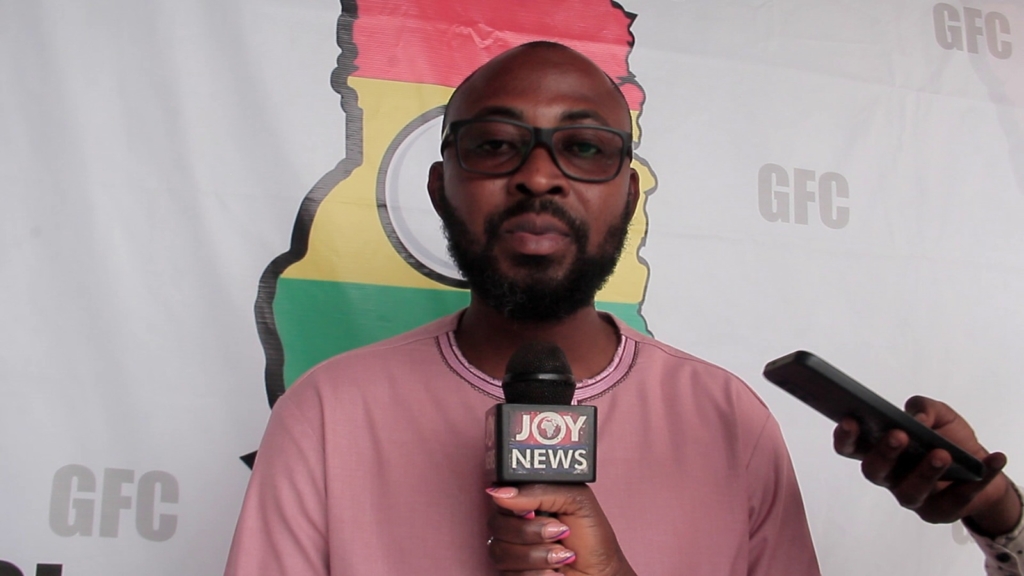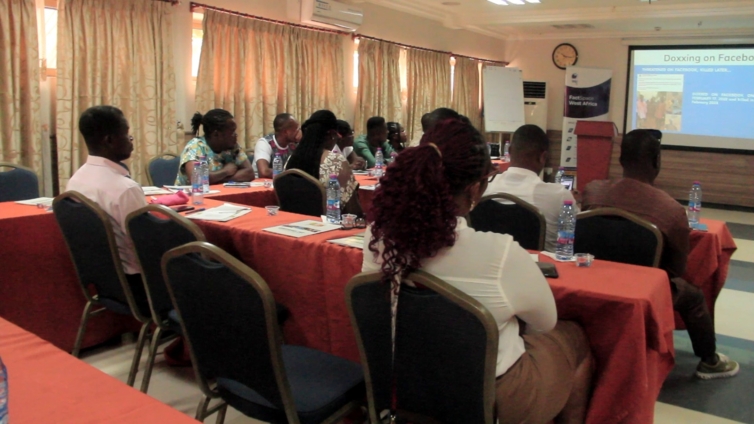A group of journalists from the Ashanti, Bono, Ahafo, Bono East, and Western North regions have been equipped in a one-day training aimed at enhancing their ability to verify information.
The goal was to prevent the spread of misinformation on mainstream media during the December 7 election, helping to ensure a free, fair, and credible process.
The training held at Fumesua near Kumasi also provided journalists with digital tools and skills to identify and correct election-related misinformation, fostering accurate reporting and informed public discussions.
The training, organised by Fact Space West Africa in partnership with the Ghana Centre for Democratic Development (CDD-Ghana), also aimed to involve journalists in identifying viral claims on social media, as well as in offline and local areas. Journalists were encouraged to collaborate in verifying this information.
Participants were trained on topics including the basics of fact-checking, recognising AI-generated and manipulated content, the role of journalists in tackling election misinformation, and issues related to cybersecurity and online safety.

Executive Director of FactSpace West Africa, Rabiu Alhassan, stated that journalists were provided with a variety of fact-checking tools.
“It is important that journalists' capabilities are built to be able to know the basic digital tools to use to verify some of the information so they do not become a conveyor belt for spreading misinformation and disinformation."
He explained that the goal was to motivate participants to publish fact-checked content in local languages on their platforms, contributing to the effort to clean up the information ecosystem.
The Programs Officer of CDD-Ghana, Sharon Willis Brown-Acquah emphasised that traditional media continues to be a vital source of information for many citizens, so any information disseminated must be accurate and verified.
She noted that misleading narratives had previously played a major role in shaping voter perceptions and behaviors, often leading to increased polarization and conflicts during elections.
“Fact-checking is very crucial not only for maintaining the integrity of news reporting but also fostering public trust.”
Some of the participants shared their thoughts on the training, expressing how valuable it was in enhancing their skills to combat misinformation. They appreciated the opportunity to learn fact-checking techniques, the use of digital tools, and how to identify and counter election-related falsehoods.
Latest Stories
-
John Mahama’s cost-cutting measures signal new era of fiscal discipline
7 minutes -
Today’s Front pages: Friday, July 18, 2025
7 minutes -
Battery swapping is the missing link in EV adoption – Here’s what we’ve learned
2 hours -
Defence Minister commends Ghana Armed Forces personnel during extensive Garrison visit
2 hours -
Ghana Armed Forces set to recruit 12,000 as Defence Minister pledges transparency
2 hours -
Baby stolen during Argentina’s military rule found after 48 years
2 hours -
US passes first major national crypto legislation
2 hours -
Netflix boss says AI effects used in show for first time
3 hours -
I was raised to sit at the table of power – NAPO opens up on leadership destiny
3 hours -
I was raised to serve – NAPO shares deep-rooted calling to public duty
3 hours -
Trump orders officials to ‘produce’ more Epstein documents after mounting pressure
4 hours -
Germany’s Merz tells BBC Europe was free-riding on US
4 hours -
Trump loyalist Katie Miller crosses battle lines to continue work for Elon Musk
4 hours -
World’s oldest climate fund targets wildlife bonds for every country in Africa
4 hours -
France ends permanent troop presence in Senegal
5 hours

